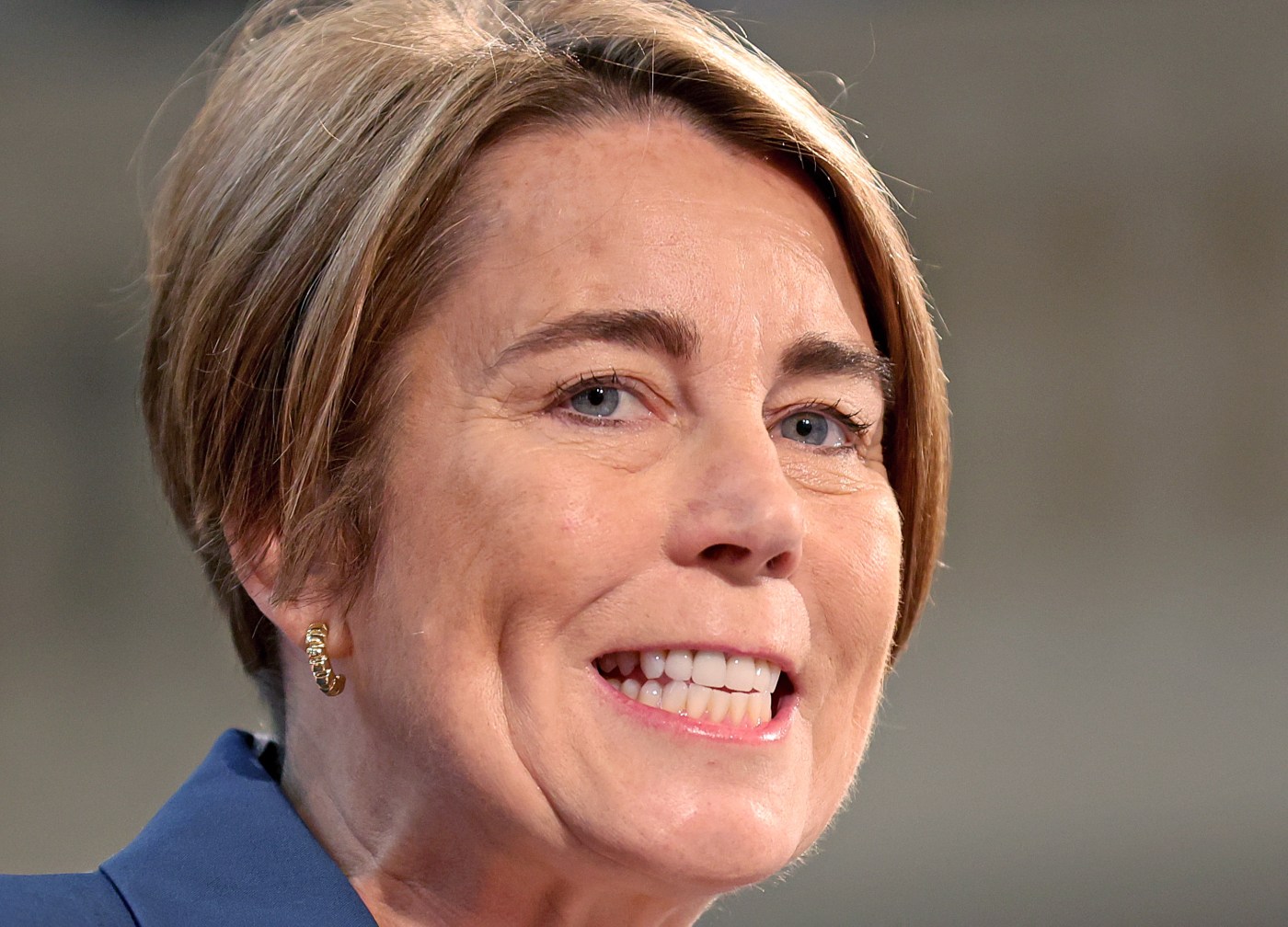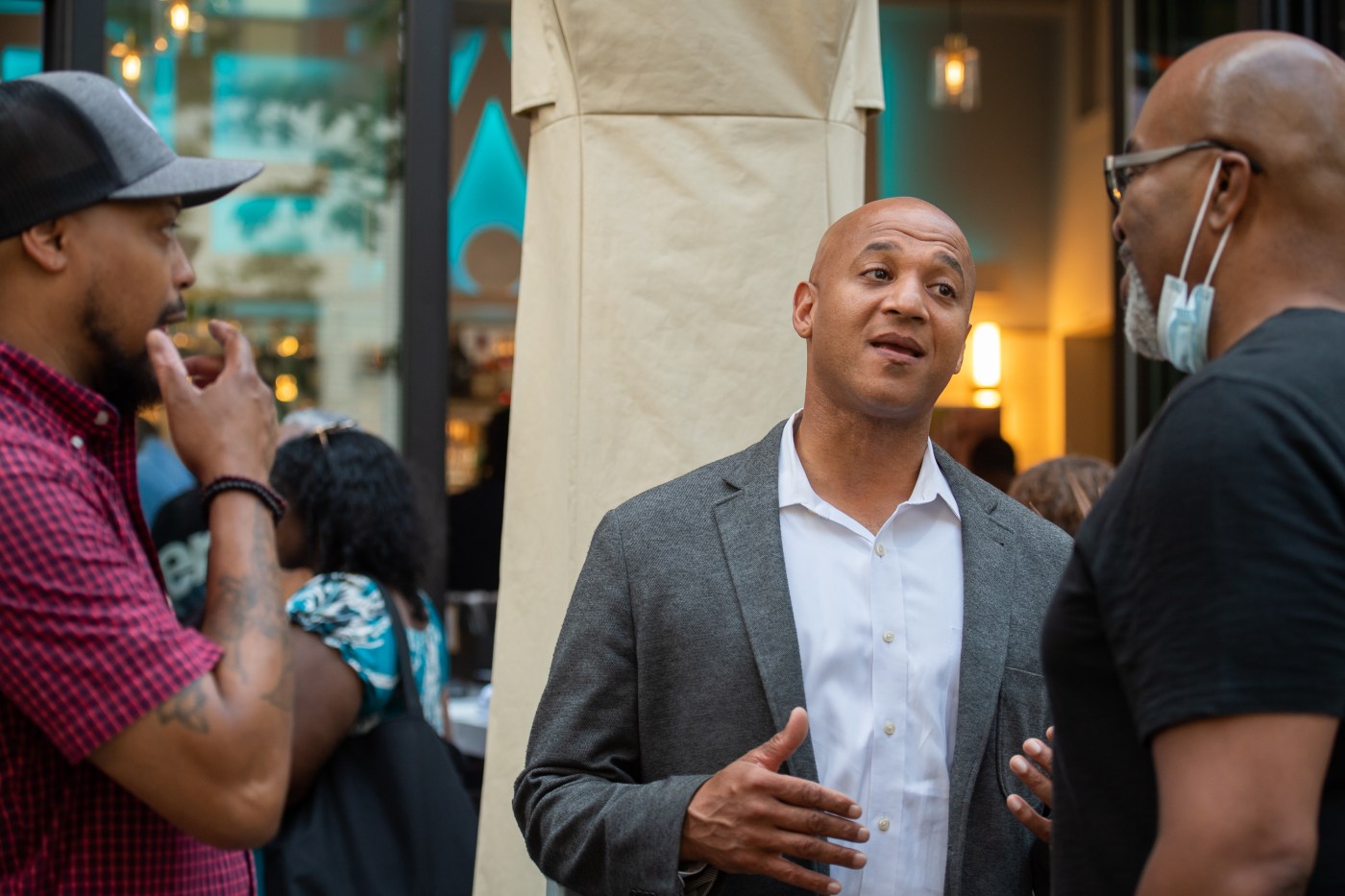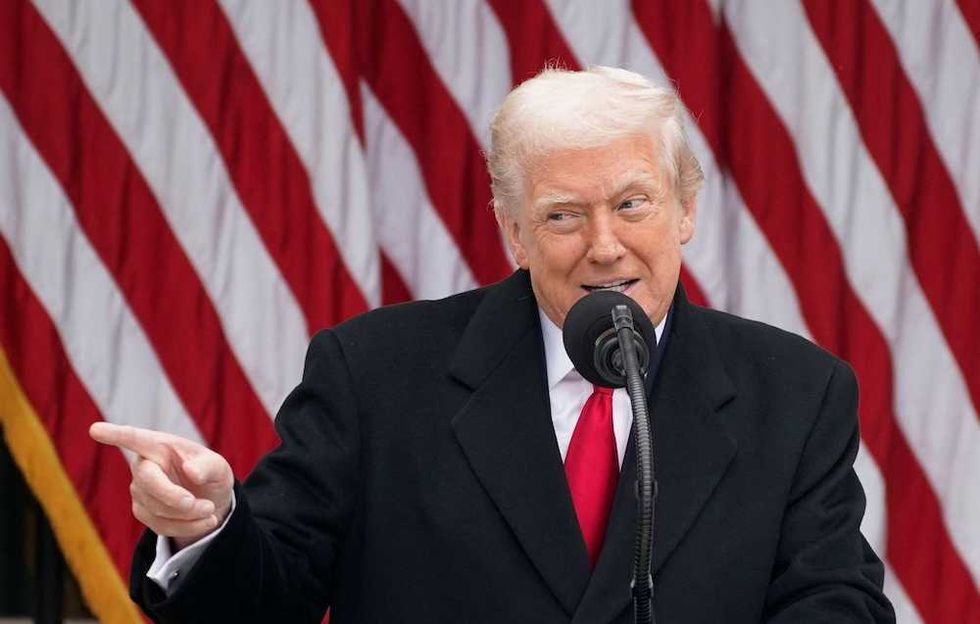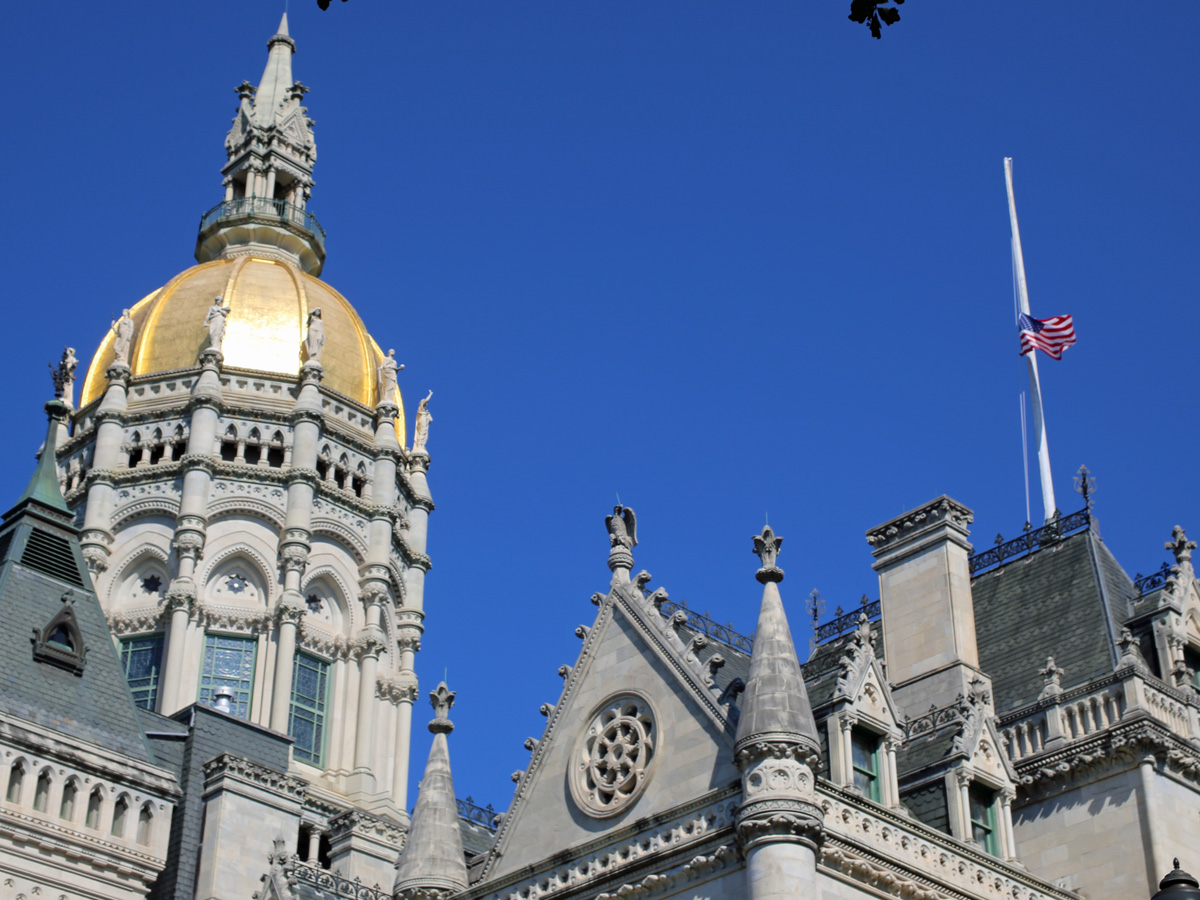The budget impasse in Pennsylvania has now extended beyond three months, prompting calls for introspection among members of the General Assembly. The failure to pass a budget by the June 30 deadline has raised concerns among citizens, with some suggesting that lawmakers who cannot fulfill their responsibilities should step down.
The situation contrasts sharply with developments in states like Minnesota, where bipartisan efforts are being made to foster cooperation. Lawmakers in Minnesota have established a “Civility Caucus,” aimed at bridging the partisan divide and facilitating progress. This initiative serves as a model for states like Arkansas and Kansas, which are also adopting similar collaborative approaches to governance.
In Arkansas, state Senator Jamie Scott, a Democrat, emphasizes the importance of bipartisan relationships. Alongside Republican state Senator Breanne Davis, Scott co-chairs the Future Caucus, which seeks to connect younger legislators across party lines. The objective is to promote dialogue and cooperation among Gen Z and millennial lawmakers. A recent article in the Wall Street Journal highlighted their efforts to work together publicly, showcasing that collaboration is possible even in a polarized political landscape.
Similarly, in Kansas, Democratic state Representative Brandon Woodard and Republican state Senator Tory Marie Blew lead their local Future Caucus chapter. Despite their differing political views, they have formed a close friendship, even sharing their phone locations with each other. Blew remarked, “We’re starting a movement that you can interact with the people across the aisle — they’re not the devil.” For Woodard, cooperation with the GOP supermajority is essential, stating, “This is the only way to get anything done.”
In stark contrast, Pennsylvania’s political landscape appears stagnant, with observers indicating no clear issues obstructing the budget’s approval. The ongoing delay is affecting various sectors, including counties, school districts, and non-profit organizations, which are feeling the financial strain. The lack of a budget portends difficult times ahead, potentially extending into the coming months.
The situation in Pennsylvania raises critical questions about governance and accountability. A state with such historical significance, often associated with the Liberty Bell and its foundational role in American history, struggles to achieve consensus on a fundamental responsibility. The inability to reach compromise reflects poorly on the legislative body and raises concerns about its capacity to serve the public effectively.
As residents watch their lawmakers grapple with basic fiscal duties, the hope for a resolution rests on the willingness of legislators to engage in constructive dialogue. Pennsylvania’s leaders have an opportunity to learn from their counterparts in other states and foster an environment of collaboration that is essential for effective governance.







